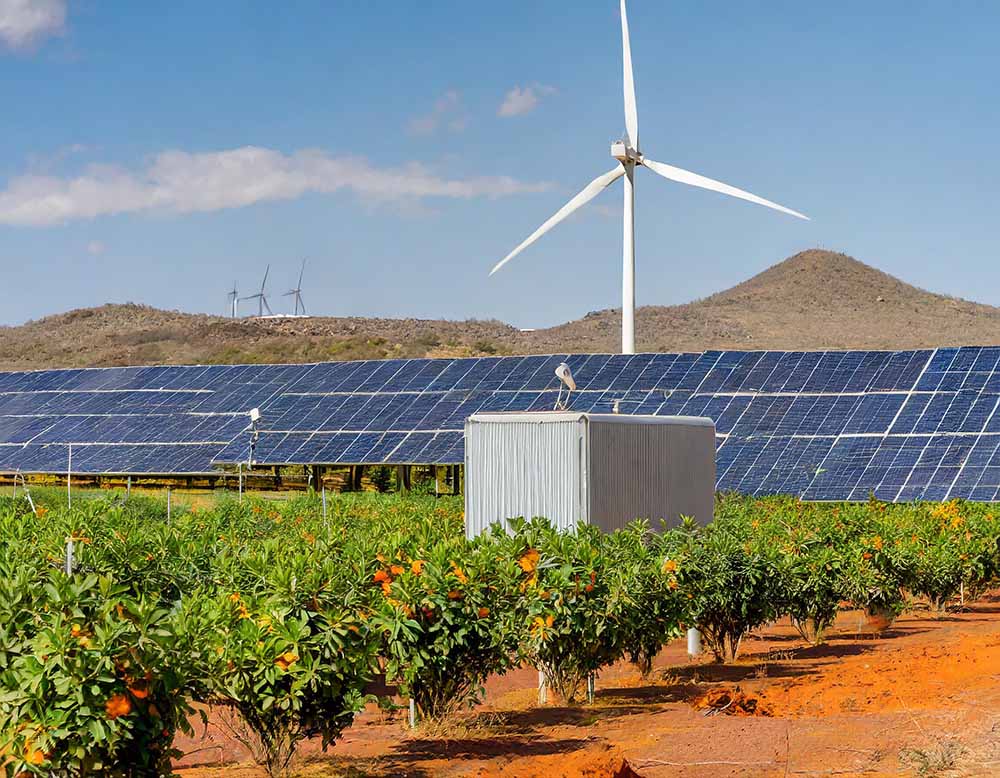
Farmbase
By combining renewable energy production using solar and wind, hydrogen as seasonal storage and intelligent irrigation and wastewater treatment, we have proven how the yield of Namibian farms can be increased – with acceptable return on investment times.
Namibian farms are heavily dependent on a continuous power supply to ensure crop irrigation – which is currently not available. In addition, intelligent irrigation systems can further increase productivity. Due to its small size and simultaneous scalability, the project achieves an immediate and measurable impact for the Namibian economy and local population.
And best of all, our modular approach can be transferred to other regions and even other use cases around the world. We are already working on it!

More About the Concept
During this phase, all modules are defined in detail to meet the requirements of Namibian farms.
The key is to generate renewable energy using solar and wind power. This alone enables an increase in fruit and vegetable production. Agri-PV can further increase land utilization. The renewable energy generated can be used directly to power an intelligent irrigation system or stored in batteries for later use when needed.
Surplus electrical energy is further converted into hydrogen by electrolysis, which can be stored for longer periods of time. The green hydrogen produced in this way can then either be converted back into electrical energy by feeding it into a fuel cell, or it can be sold or used in local hydrogen applications.
Innovative planting methods will also be evaluated for the Namibian market. The keywords here are smart greenhouses and vertical farming.
An additional part of the modular system is an innovative, intelligent irrigation system with drip irrigation. Wastewater is treated using MBBR technology and can thus be reused for irrigation.
When completed, newly developed digital education formats will ensure the training of local employees and prepare the Namibian population for the hydrogen society. All this will lead to attractive and sustainable jobs in new technologies in Namibia.
The first system will be installed in 2025 at the Albrechtshöhe Guest Farm, about 1.5 hours northwest of Windhoek. A second system will be installed on a government farm, a so-called “resettlement farm”.
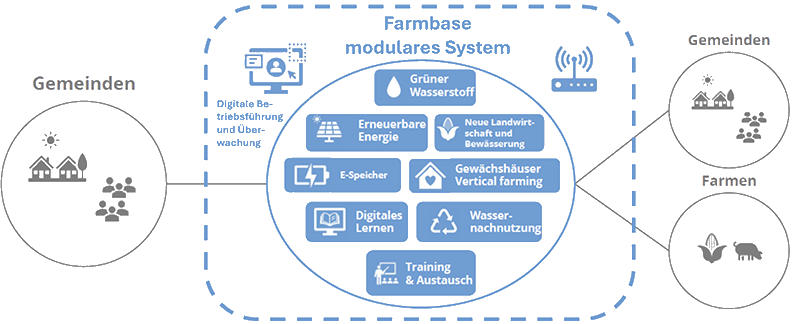
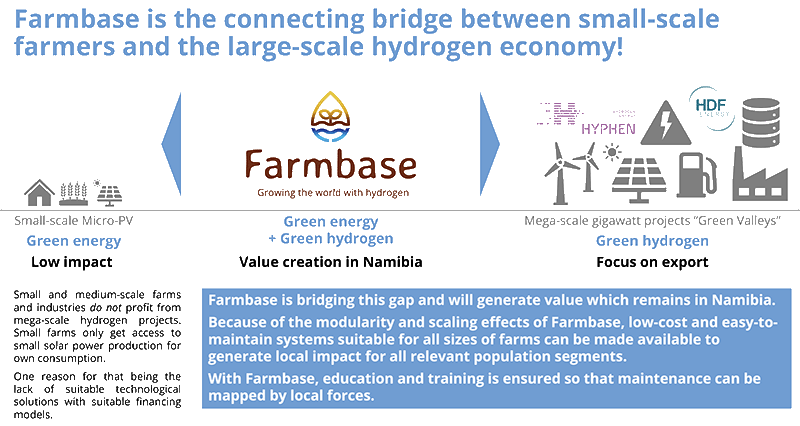
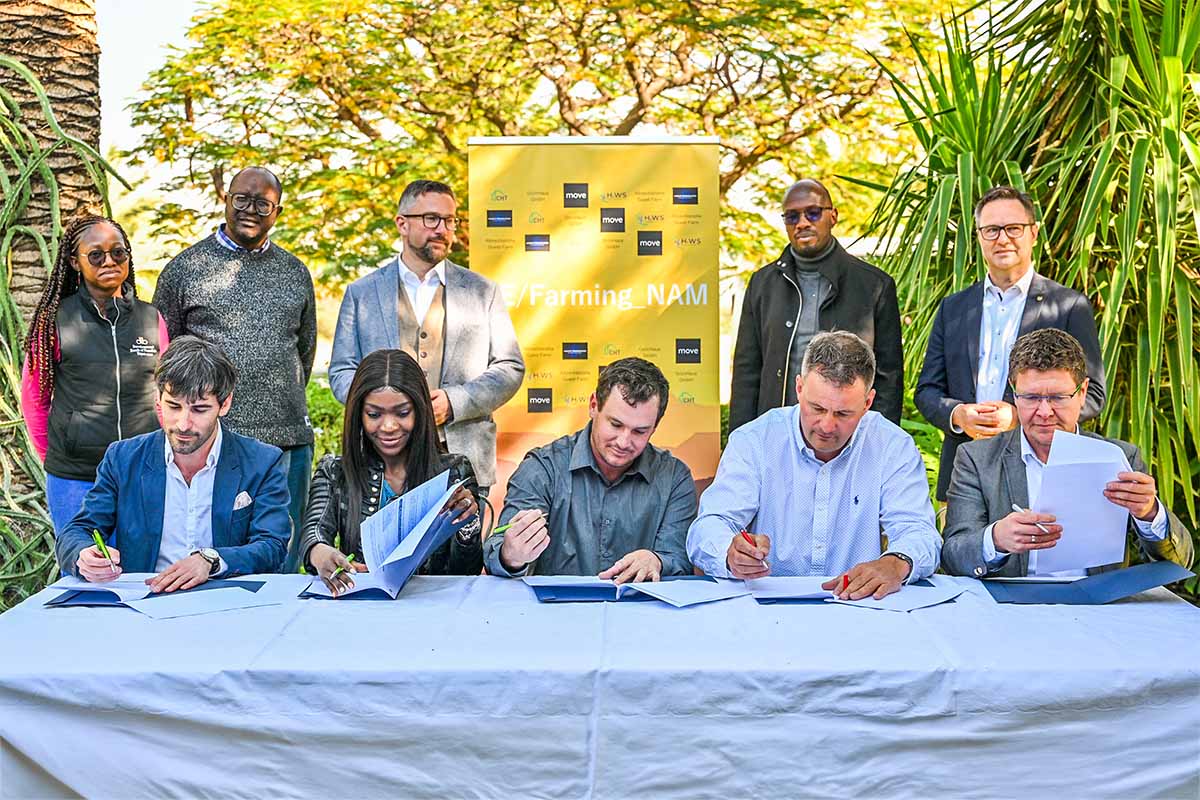
During a delegation trip of entrepreneurs and politicians from the Free State of Saxony (Germany), the Memorandum of Understanding for the project was signed by:
- Ester Kalangula // H2WS Energy Namibia Pty Ltd.
- Tom George // move technology GmbH
- Rick Meisel // CHT – Chemnitzer Haustechnik GmbH & GrünHaus GmbH
- Lars Bergmann // VIADUCT TECHNOLOGIES GmbH
- Wanjo Meyer // Albrechthöhe Guest Farm
The signing ceremony was witnessed by:
- Abraham Hangula // Ministry of Mines and Energy of Namibia
- Alfred Sikopo // Ministry of Agriculture of Namibia
- Martin Dulig // State Minister for Economics, Transportation and Labour of the Free State of Saxony
- Mahevo Kadhepa // Development Bank of Namibia
- Thomas Horn // Saxony Trade and Invest

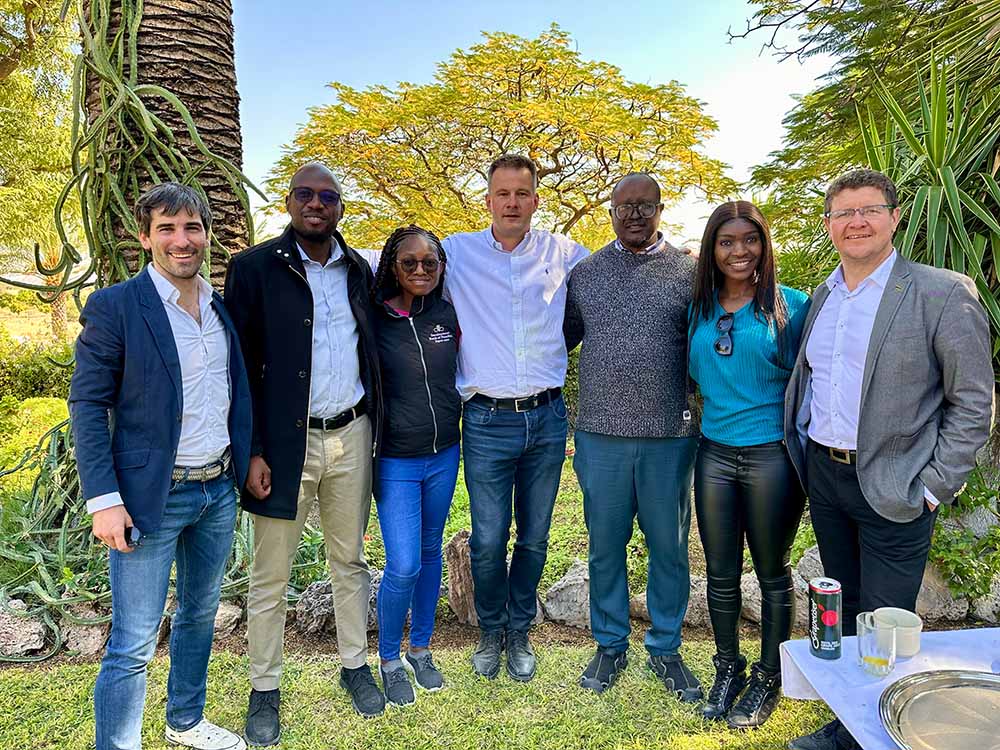
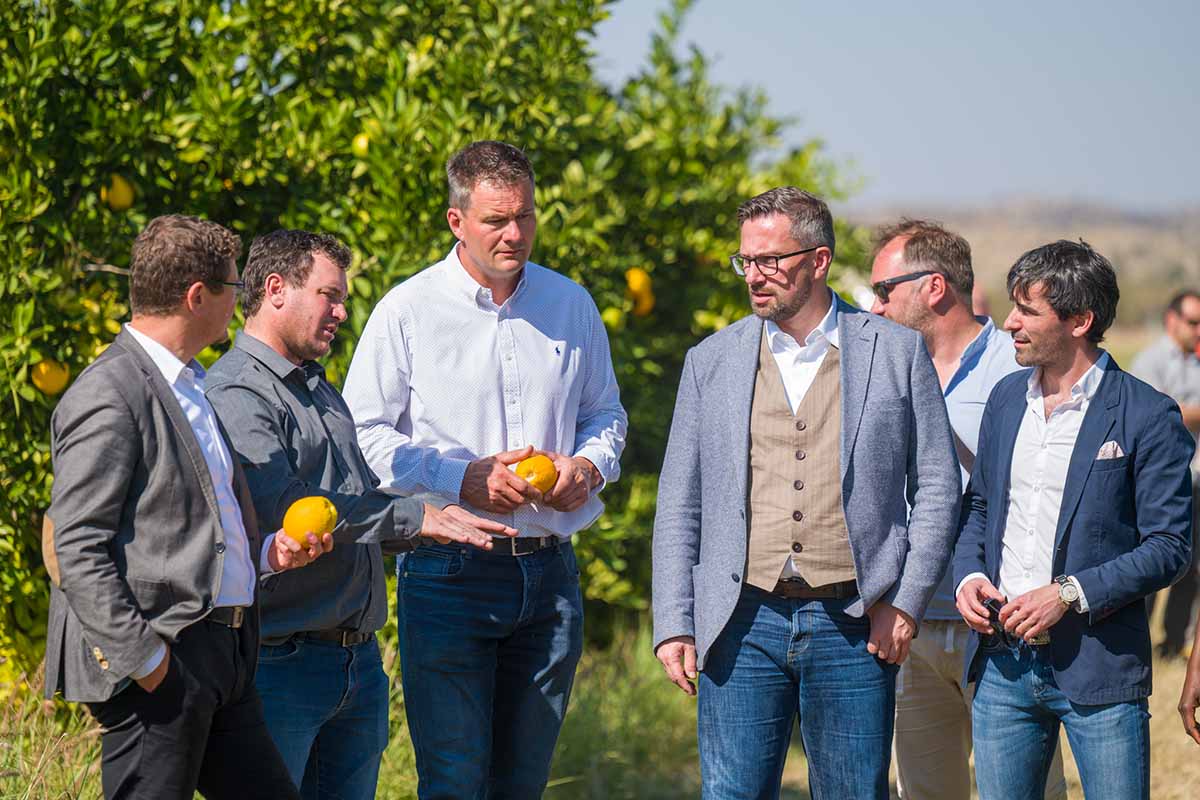
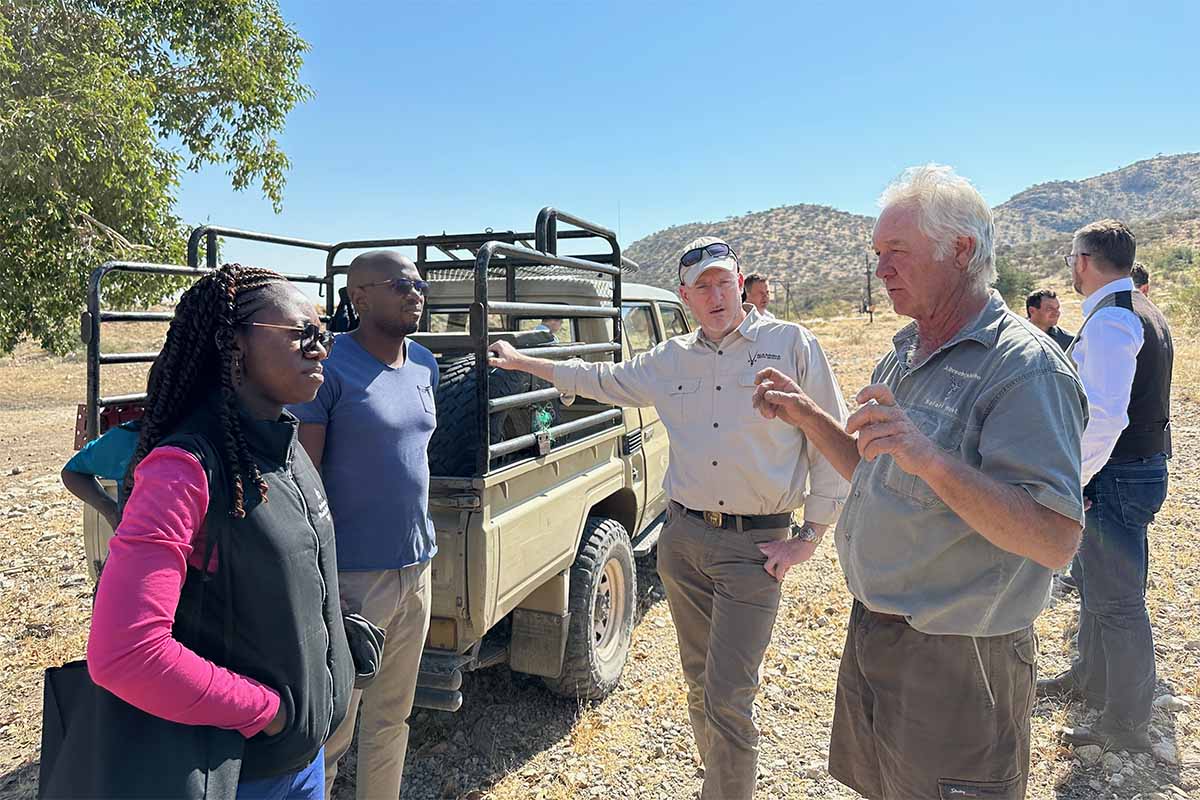
Become a part of our revolutionary product!
Become a strategic investor, strategic supplier or technology partner.
Discover More
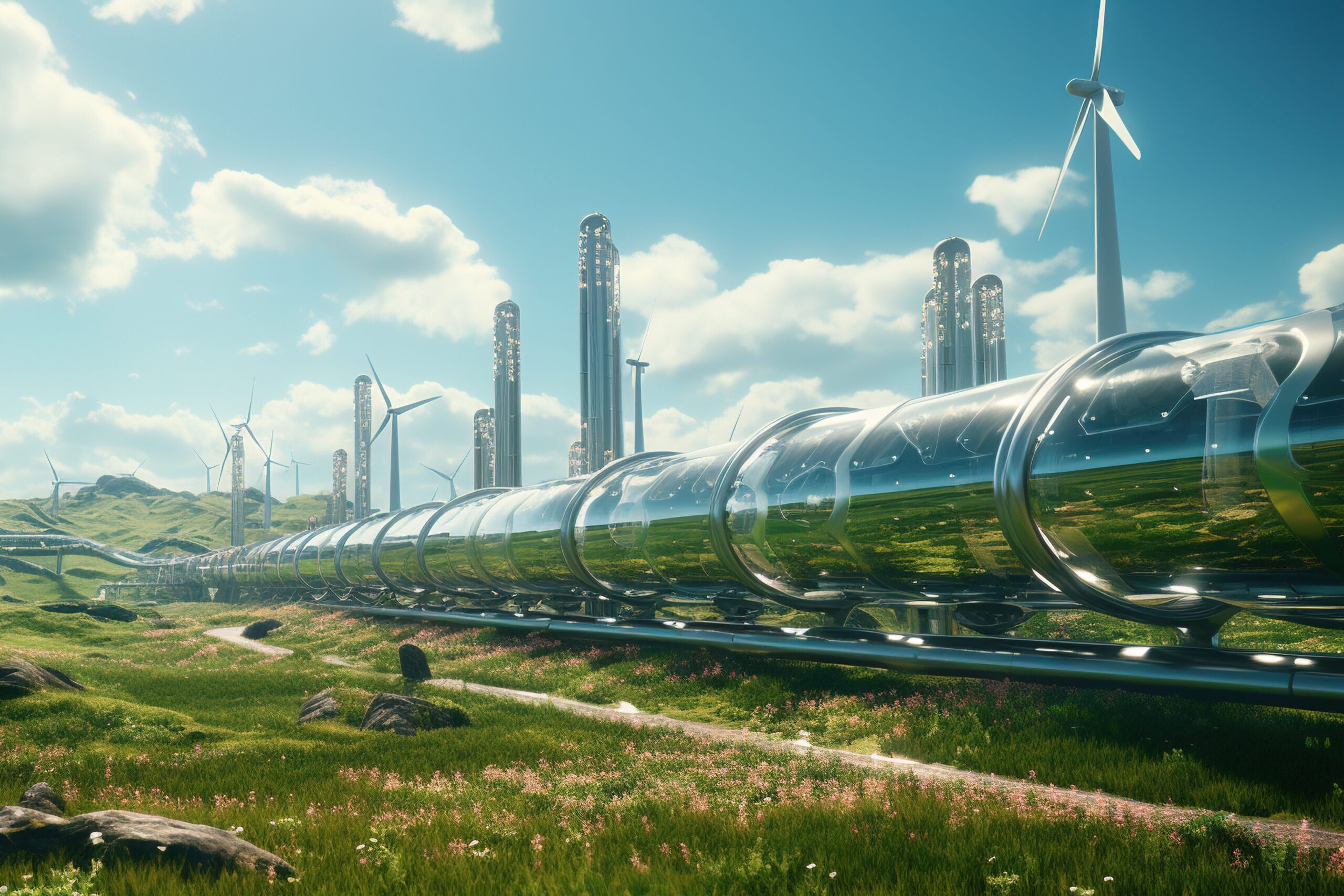
Topics that move
Discover our expertise for your success in the fields of hydrogen, energy systems, mobility concepts, as well as AI and software
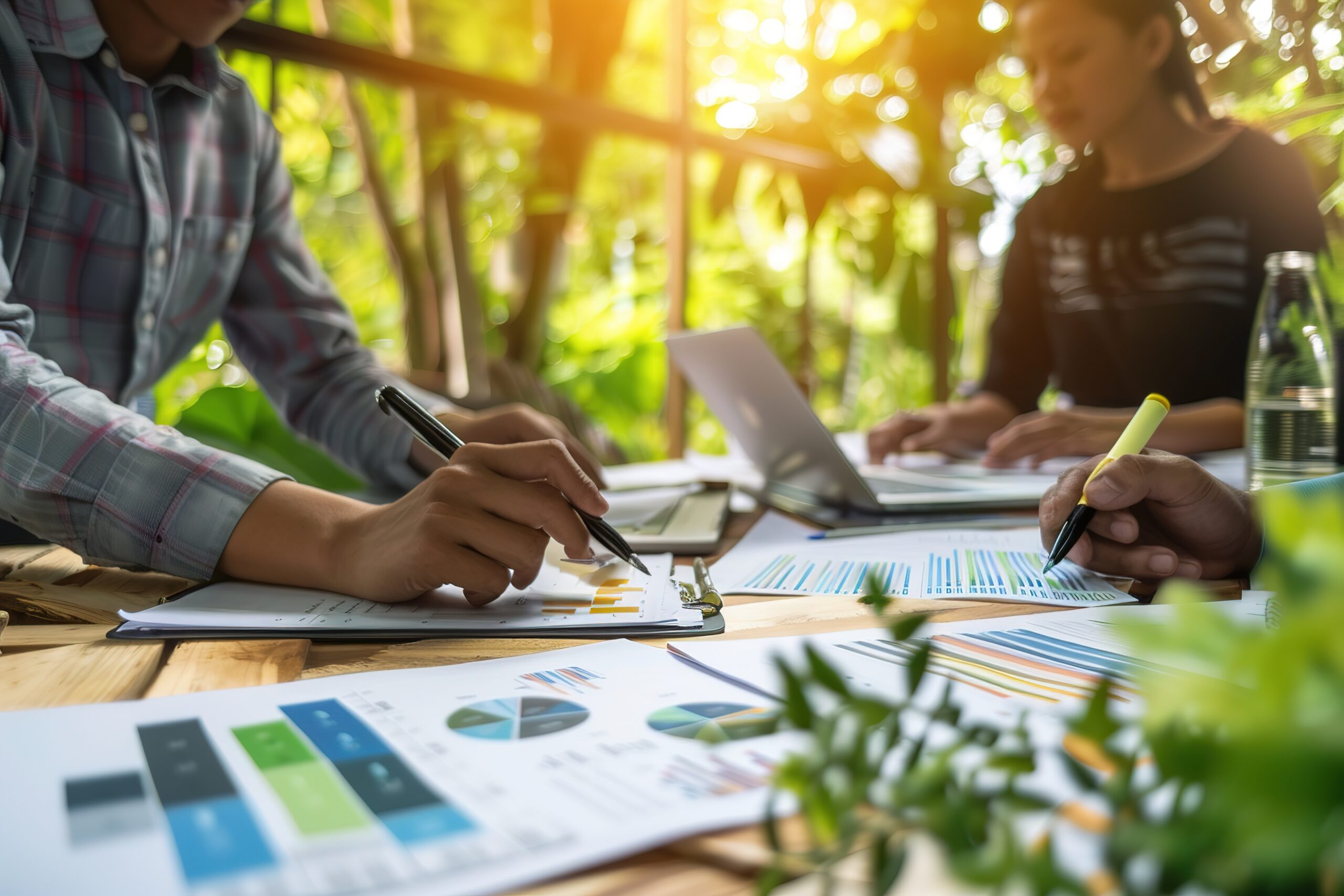
Services for your future
We advise you with the PLUS. We support you exactly where it is most effective for you.
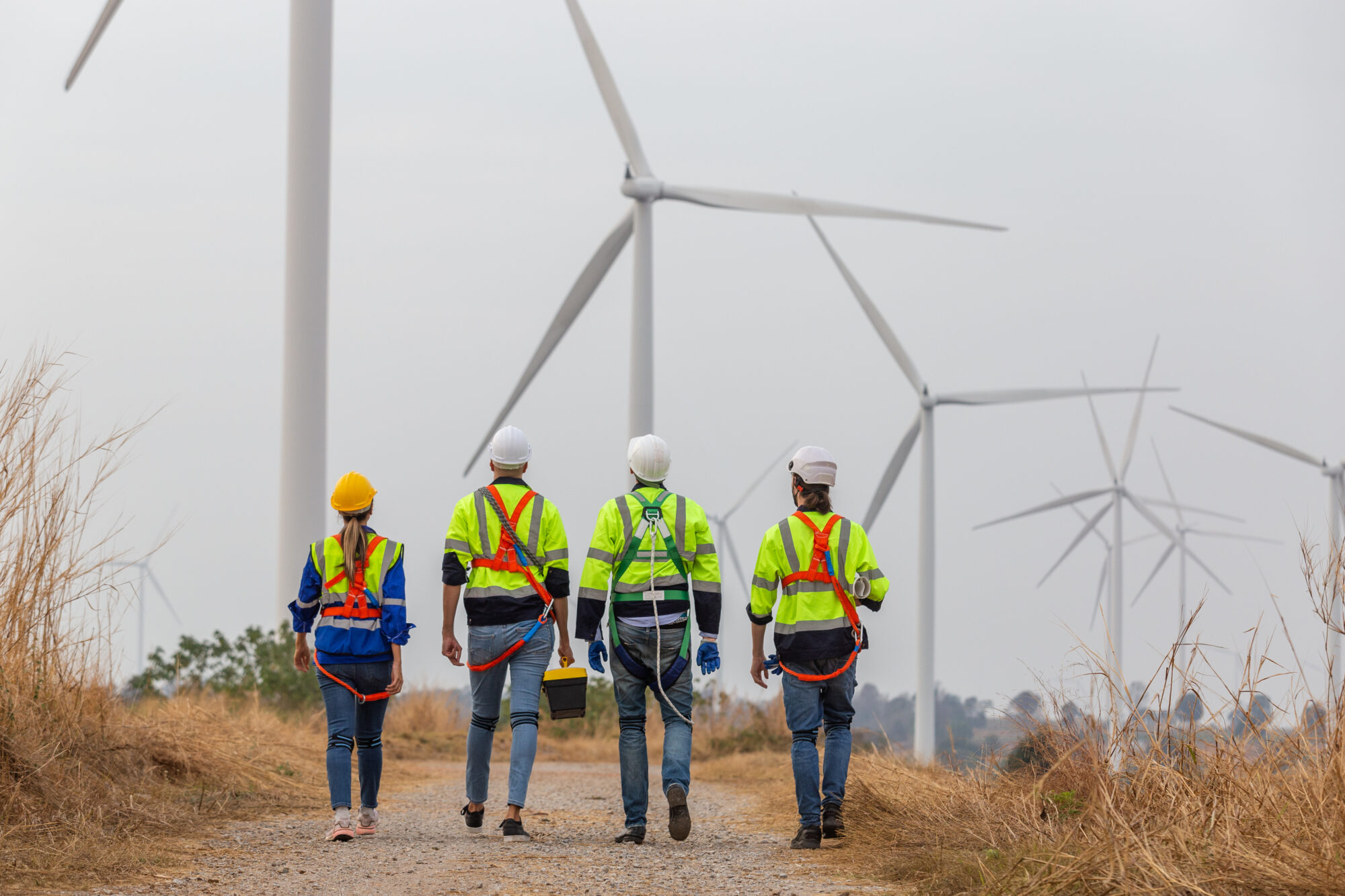
References that are convincing
Discover successful references, satisfied customers, and the diversity of our projects.

